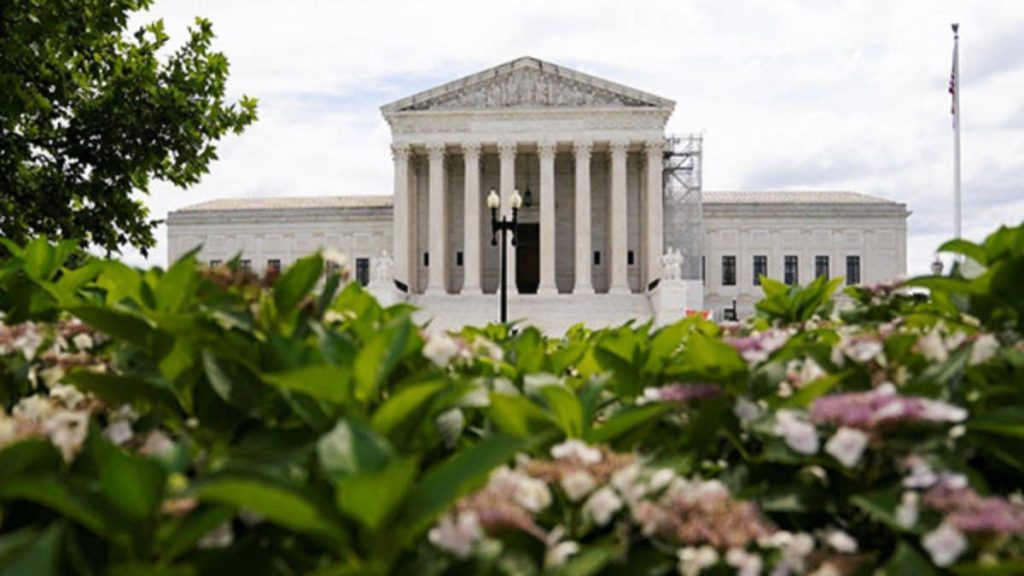The US Supreme Court will hear arguments next month related to former President Donald Trump’s controversial effort to restrict birthright citizenship, Politico reported. However, the focus of the May 15 hearing won’t be on the constitutionality of the policy itself, but rather on the authority of lower courts to issue nationwide injunctions that block a president’s executive orders.
Trump’s executive order, introduced on the first day of his second term, seeks to deny US citizenship to children born on American soil to undocumented immigrants or temporary visa holders. This directly challenges the longstanding interpretation of the 14th Amendment, which guarantees citizenship to most individuals born in the United States.
So far, three federal judges have issued nationwide injunctions halting the enforcement of Trump’s order, ruling that it likely violates constitutional protections. In response, the Trump administration filed emergency appeals, arguing that district court judges should not have the power to issue sweeping rulings that apply across the country.
The Supreme Court’s rare decision to schedule an emergency hearing suggests the justices are seriously weighing the Trump administration’s position. If the court sides with the administration, it could pave the way for selective implementation of the policy in regions where the injunctions do not apply.
Legal scholars have criticized Trump’s executive order as a clear violation of the 14th Amendment, which states: “All persons born or naturalised in the United States, and subject to the jurisdiction thereof, are citizens of the United States.”
Supporters of nationwide injunctions argue they are essential to prevent potentially unconstitutional government actions from taking effect, while critics—like Trump’s Justice Department—insist such rulings hinder the executive branch’s ability to function effectively.
The outcome of the Supreme Court’s decision could significantly impact how future presidential policies are challenged and enforced across the country.
